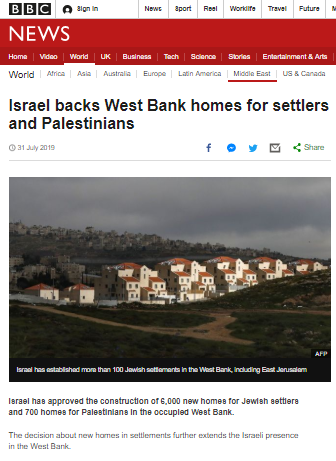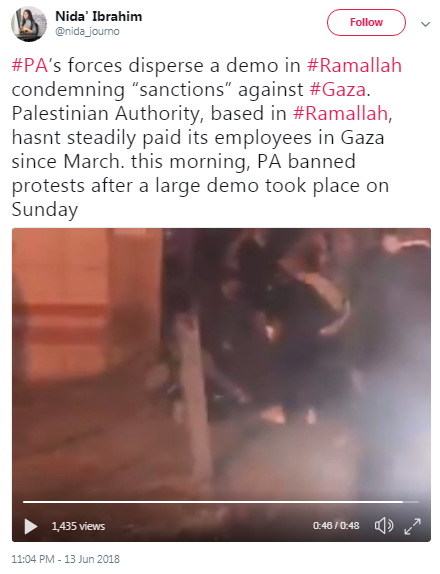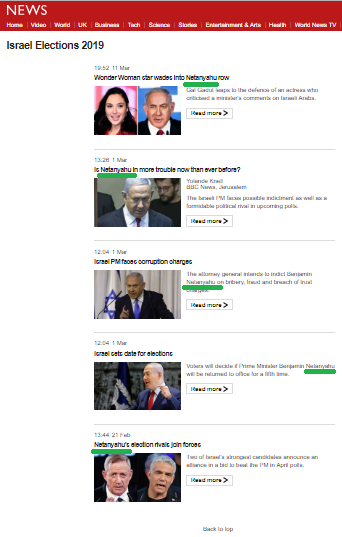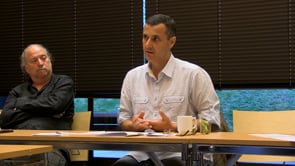Over the years BBC audiences have been given a very specific, largely context-free, portrayal of the fishing industry in the Gaza Strip. In August 2014, for example, Orla Guerin told viewers that:
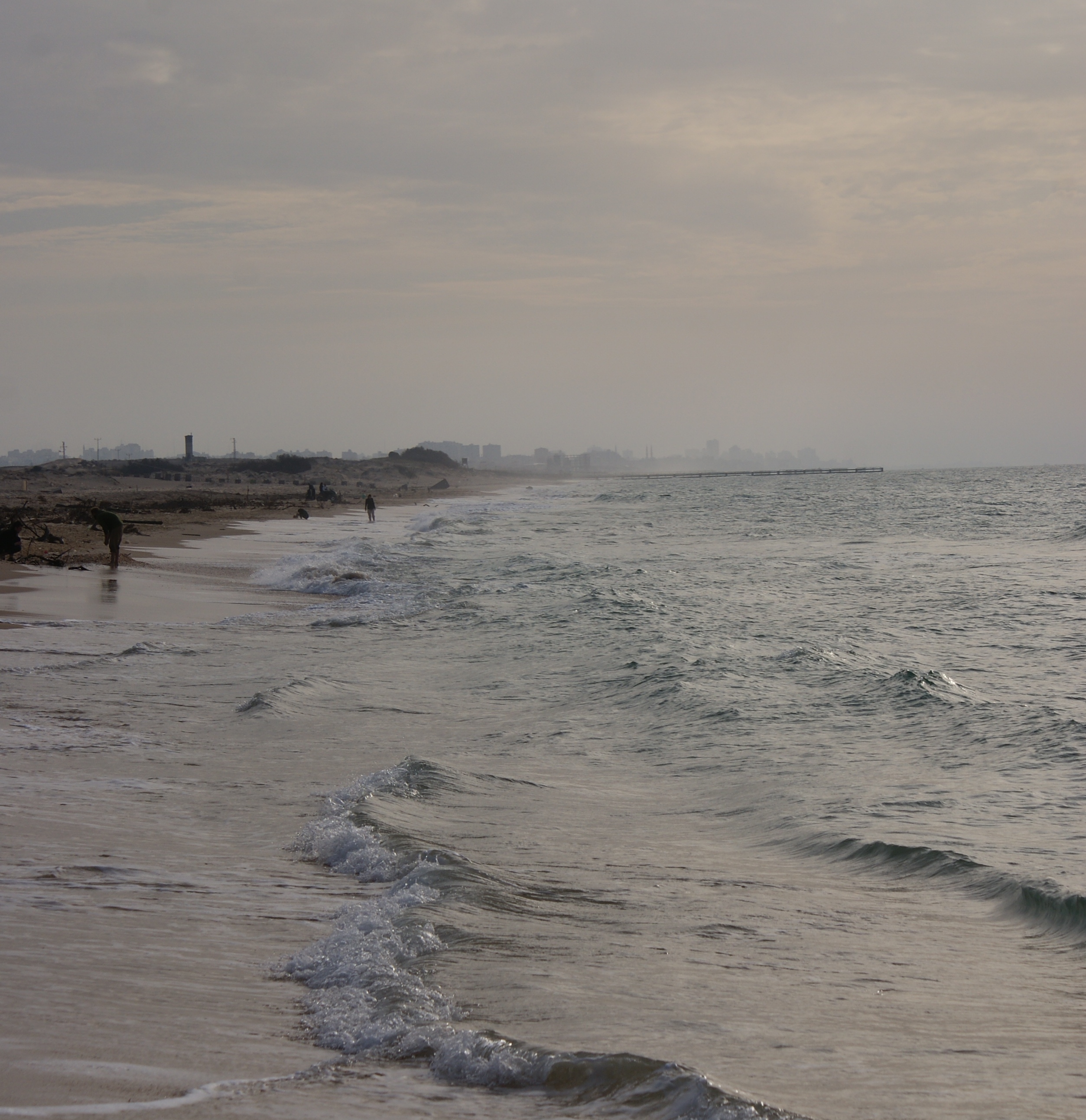
“In Gaza harbour plenty of boats were idle today. Only a few would set sail, even in a ceasefire. Our skipper was Ramez Bakr [phonetic]. Seventy relatives depend on the income from this boat but Israel’s blockade limits where he can fish. It controls access to Gaza from land, sea and air. He’s looking to the negotiators in Cairo to secure a seaport – a key Palestinian demand. ‘The people are hungry’ he tells me ‘and the economy has died. This is why Hamas is fighting Israel: to open the siege and the borders. We’ll be very unhappy if the talks fail.’”
In a backgrounder called ‘Life in the Gaza Strip’ which was originally produced in 2012 but updated in July 2014, BBC audiences are told that:
“Following the November 2012 ceasefire agreement between Israel and Hamas, the fishing limit was extended from three nautical miles to six. However, it has been periodically reduced to three nautical miles in response to rocket fire from Gaza. Israeli naval forces frequently open fire towards Palestinian fishing boats approaching or exceeding the limit. The UN says if the limit was lifted, fishing could provide employment and a cheap source of protein for the people of Gaza.”
In April 2016 the Gaza Strip fishing zone was extended for the duration of the spring season to nine nautical miles but the BBC’s English language services did not report that change at the time.
As of November 1st 2016, a similar 50% extension will be put in place for a period of two months.
“COGAT said that it made the decision “to facilitate increased activity in Gaza Strip’s fishing sector, which is an [important] source of income.”
A similar measure to expand the fishing zone between April and June 2016 resulted in a 15% increase in the total output of fish, compared to the same period in 2015, according to COGAT.
The total output of the fish market in Gaza stands at NIS 6 million annually. […]
COGAT also said that it hopes to keep the zone open for the fishing season, but warned fishermen against taking advantage of the expansion.
“We emphasize that the expansion of the [fishing zone] is conditioned on the fishermen respecting the agreement [of nine nautical miles] and not exploiting it to smuggle or penetrate Israel’s territory,” the statement added.”
To date there has been no BBC coverage of that October 27th announcement and with the corporation also having repeatedly failed to report maritime weapons smuggling attempts (see ‘related articles’ below), it is obvious that audiences are not being provided with the information they need in order to be able to understand this particular “international issue“.
Relates Articles:
BBC waives another chance to explain why Gaza’s naval blockade exists

